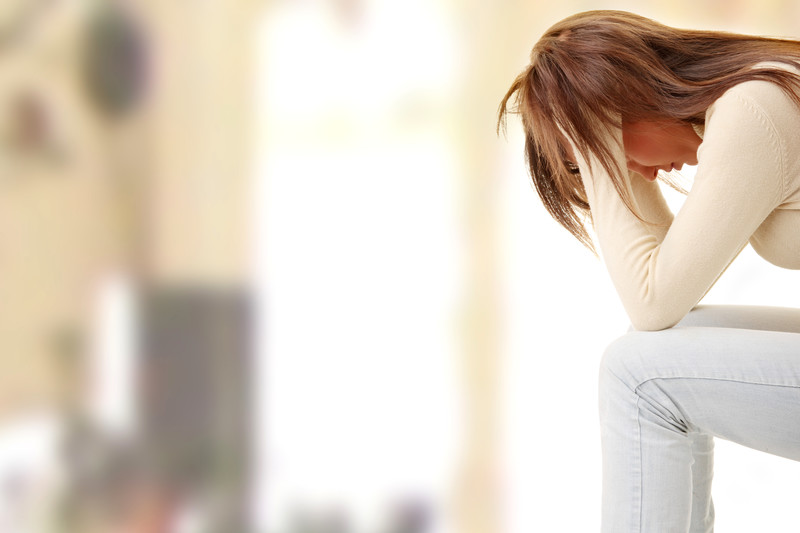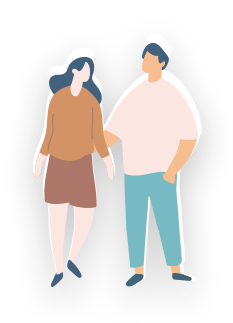
 According to La Trobe University's 6th national Survey of Secondary Students and Sexual Health1, 15.7% of sexually active students reported being either drunk or high during their most recent sexual encounter.
According to La Trobe University's 6th national Survey of Secondary Students and Sexual Health1, 15.7% of sexually active students reported being either drunk or high during their most recent sexual encounter.
The mixture of alcohol, drugs and sex is a potentially harmful combination for young people. These circumstances may typically be encountered, perhaps for the first time, at events such as parties, school balls and Leavers Week celebrations where risky alcohol use, experimental drug use and planned or unplanned sex may take place. Using alcohol and other drugs affects the ability to make informed decisions and can lead to regret after the event
'Rites of passage' events
School balls, Leavers Week and graduation are often the highlights of secondary school years. Some young people view these events as a kind of 'rite of passage' occasion involving 'breakout' or first-time experiences with sex, alcohol and other drugs. The following types of activities are not uncommon on such occasions:
- parents buy alcohol for young people under the legal drinking age
- binge drinking
- young people mixing caffeine drinks/tablets with alcohol. Though the drink has not been 'spiked' as such, the combination of caffeine and alcohol produces similar effects.
More information about keeping safe during Leavers Week is available on the official website - Leavers WA
Tips to help keep young people safe
- Be aware that risk-taking behaviours are more likely to happen when alcohol and other drugs are being used.
- Keep an eye on friends and ask they do the same.
- If alcohol is used, limit the amount and space drinks with soft drink or water.
- Don’t pressure anyone into being ‘physical’ when they are not interested.
Encourage young people to make their own decisions about sex
- Being intoxicated affects your decision making ability so it is best to plan ahead before actually drinking and make advanced decisions about what will be done to manage your safety. The pressure and temptation of drugs and alcohol can be hard to avoid and the challenge for young people is to know their limits and act in a way that allows them to stay true to their own values and beliefs.
- Be clear that no one has the right to force or pressure you into having sex or any other activity that you do not want to do.
- If there is a chance that sexual intercourse may happen, ensure condoms or other barrier methods are available in readiness for ‘safer sex’.
- Think about what is needed to be safer and how safer sex will be negotiated with a partner including talking about how to prevent STIs and BBVs.
- If a young person decides they are not ready to have an intimate sexual relationship or sexual intercourse it will help them to have a clear sense of how to say "no", be able to talk about it and know how to deal with someone trying to talk them into it. Friends, parents or a counsellor may be able to help with this.
- Remember, it’s ok to say "no" – others do. Keep this in mind if there is:
- Pressure to have sex or someone is being persuasive.
- A view that it is necessary to have sex because it seems ‘everyone is or everyone thinks you should’.
- It is ok to say “no” at any point in time, even if you have engaged in sexual activity before, even if you are in the middle of sexual activity at the time. You can say “no” even when there was a previous decision or agreement. You can always change your mind and this decision should be respected.
- The facts show that not everyone is having sex. Pressure may come from those who want to do it to make them-selves feel more comfortable about their own choices.
- If you are not comfortable discussing safer sex with a partner, give consideration to whether or not you are really ready for an intimate sexual relationship with that person
Relevant resources
Websites
School Drug Education and Road Aware (SDERA)
Provides information for young people about relationships and safer sex, and the importance of consent.
Fact sheets/booklets/videos
Who or what will you pick up at the party?, WA Department of Health
Sex and drugs, Get the Facts
For further details about drink spiking, polydrug use, key messages for young people on resisting peer group pressure and staying safe using alcohol and other drugs see the Drug Aware website.
References
- Fisher, C. M., Waling, A., Kerr, L., Bellamy, R., Ezer, P., Mikolajczak, G., Brown, G., Carman, M. & Lucke, J. 2019. 6th National Survey of Australian Secondary Students and Sexual Health 2018, (ARCSHS Monograph Series No. 113), Bundoora: Australian Research Centre in Sex, Health & Society, La Trobe University



